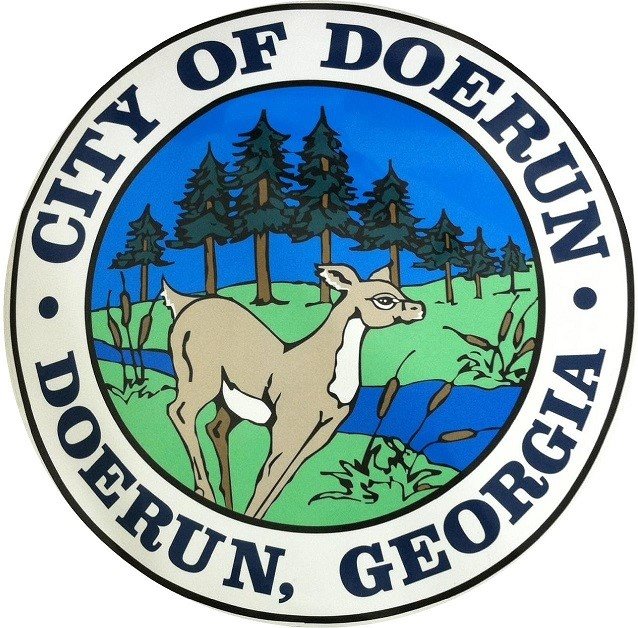State recognizes Reed Bingham State Park
Published 1:00 pm Tuesday, August 28, 2018

- Reed Bingham State Park was honored Aug. 18 with the Natural Resources Enhancement Award from the state Division of Parks and Historic Sites. Displaying the award are Frank Davidson, a maintenance tech 3 at the park, and Park Manager Wayne Fuller.
ADEL, Ga. — The staff of Reed Bingham State Park was recently honored by the state Division of Parks and Historic Sites for its maintenance of the park on the Colquitt-Cook county line.
Park Manager Wayne Fuller received the Natural Resource Enhancement Award during the 25th annual Friends of Georgia State Parks Conference on Aug. 18.
The award recognizes the park for its overall management of its resources, and it’s considered the third-highest of nine awards presented that night.
Among the activities the state considered when making the award were:
• Controlled burns, including one that was designed to encourage optimal habitat for the gopher tortoise population, a species long associated with the park and whose conservation status is considered vulnerable.
• Aquatic vegetation control, which included an application of herbicide by a contractor to kill hyacinth, hydrilla and duckweed in the 375-acre lake, followed by routine applications by park staff to control the invasive species’ return.
• Addition of 60 cubic yards of beach sand to control ripple erosion at the popular beach area.
• Repair of walking trails following Hurricane Matthew in 2016. About four miles of the park’s six miles of trails were unusable following the storm, Fuller said.
• A bee project in conjunction with the Little River Bee Keepers to have three active hives at the park, pollinating honey from crepe myrtles and azaleas in the area. The project was designed for interpretive and educational purposes with an opportunity to harvest and sell the honey, although it hasn’t reached that point yet.
• Bat control at the beach pavilion. The bat colony had made the pavilion unusable. After smoking out the bats and securing the internal frame so they couldn’t return, the park has been able to rent the pavilion about two weekends out of every month, Fuller said.
• Alligator spotlight survey. The survey has allowed the park to establish a sustainable alligator population suitable for park guests, Fuller said.





